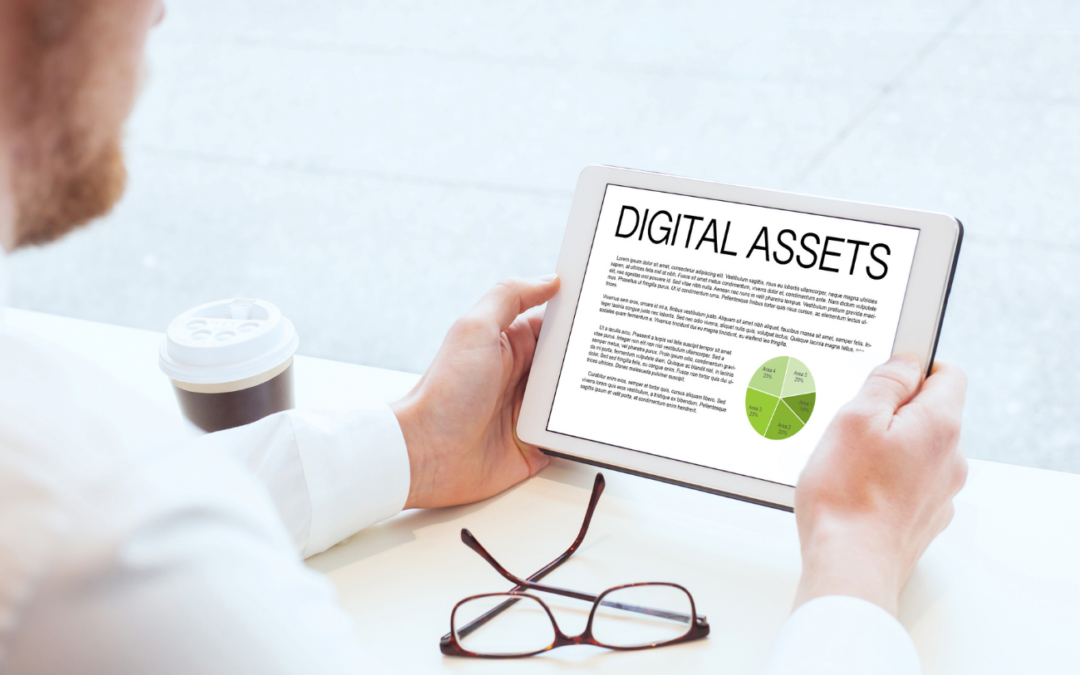While digital assets have been around for quite some time, it seems like very recently that people have been making them an integral part of their investment portfolio. We won’t weigh in on whether that’s a good or a bad thing; however, we will explore the effect of digital assets on estate planning. Namely, what happens to your digital assets once you pass away. But first, let’s level set with a definition of cryptocurrency.
What is cryptocurrency?
Cryptocurrency is basically digital money. It can be used to pay for goods and services just like real money. The main selling point is that it’s backed by blockchain technology, which is a decentralized system that securely records and manages all cryptocurrency transactions. Long story short, the risk of your money disappearing from the internet one day using blockchain technology is relatively low.
Why do I need an estate plan?
Even though cryptocurrency is in a different class from the money that typically gets handled by an estate plan, there’s still a need to plan for what happens to it once you’ve passed away. Like any assets, cryptocurrencies are subject to the California probate process, which could potentially leave them tied up for years depending on the state of your estate plan. It doesn’t matter if your family knows where the accounts are and the passwords to access them; your cryptocurrency can still get held up.
Speaking of passwords brings us to another key to any good estate plan: you should have your accounts listed and where to find and access them. Estate plans aren’t just powers of attorney and last wills and testaments – they also include the information needed to help your loved ones administer your estate as quickly and painlessly as possible.
Putting a plan in place can protect your assets and give your family peace of mind that your affairs are in the best possible place to be handled. An experienced LA County estate planning attorney can speak with you about the details of your estate plan and how to craft it so it can account for your digital assets.
If you want to learn more about cryptocurrency and estate planning, or if you currently have an estate plan and want to see how an investment in cryptocurrency can affect it, please give us a call at (310) 782-6322 to set up a complimentary consultation.

